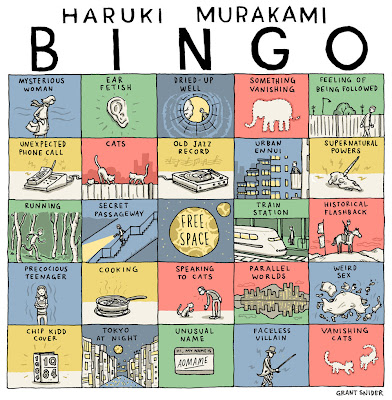NO SPOILERS.
John Scalzi‘s Redshirts is great fun, and honestly, I read it because I expected it to be great fun, and I got what I expected. But it also made me think seriously about how historians handle narrative.
It is no spoiler to say that the book is about the peripheral characters who, in Star Trek, get killed to advance the plot – or really, not even to advance the plot, just to give a sense of great stakes to the story. Kirk, Spock, Chekhov and some random crewperson in a red shirt beam down to the planet. The person in the red shirt – the redshirt – is going to get killed, because they’re expendable and we need to know how deadly the threat is this week. The poor redshirts aren’t people, they’re cannon fodder – not for the Enterprise, mind you, but for the script-writers. Even if their details get filled out a bit, it’s only in the service of giving their deaths greater impact – it’s not for them, it’s for the story.
Scalzi’s book gives those peripheral characters voices, points of view, and what, in the historical racket, we call “agency” – the ability to affect their own fates. In doing so he raises the question of whether we really want to be involved in the Great Story.
Most professional historians are familiar with these questions, and much historical research – going back at least to Arthur M. Schlesinger (no Jr) and Dixon Ryan Fox – has been about recovering the experience of ordinary people whose lives have meaning independent of the large historical narrative.
But what Scalzi can do, that historians cannot, is get inside the heads of such people, and what he suggests is worth thinking about. First, and maybe less revelatory, that people live better lives when the narrative leaves them alone; we know that – after all, traditional history covers a lot of violence and hardship, and it’s a story you had rather be left out of.1
Second, though, is the thought that sketching in the details of ordinary people in the course of the narrative is a sort of, to overstate the case slightly, pornography. We learn the backgrounds of minor characters specifically because the writers intend to kill them off and they want us to feel strongly about it when they do.
Isn’t this the function served by “the experience of ordinary people during the war/depression/etc.” chapter? To manipulate the reader emotionally? And if so, isn’t it somewhat suspect as a narrative tactic? In the name of recovering the agency of ordinary people, we deploy their suffering to give the Great Story more poignancy.
I confess to having a thought a little like this before, when an editor asked me to put in more “lives of ordinary people” material and I said I didn’t want to truck in “hardship porn.” Which probably wasn’t a phrase of my invention; if I’d been trying to invent something I would have called it “poornography.” But Scalzi’s book throws the concern into relief.
1The application Scrivener used to offer a piece of advice, in its default formatting text, that said the way to write a novel is to make up an interesting character and then have unpleasant things happen to them. I don’t know why they changed this to some rather more anodyne quotation from Nietzsche, and I can’t find the source of the original, sadly.

.JPG)
